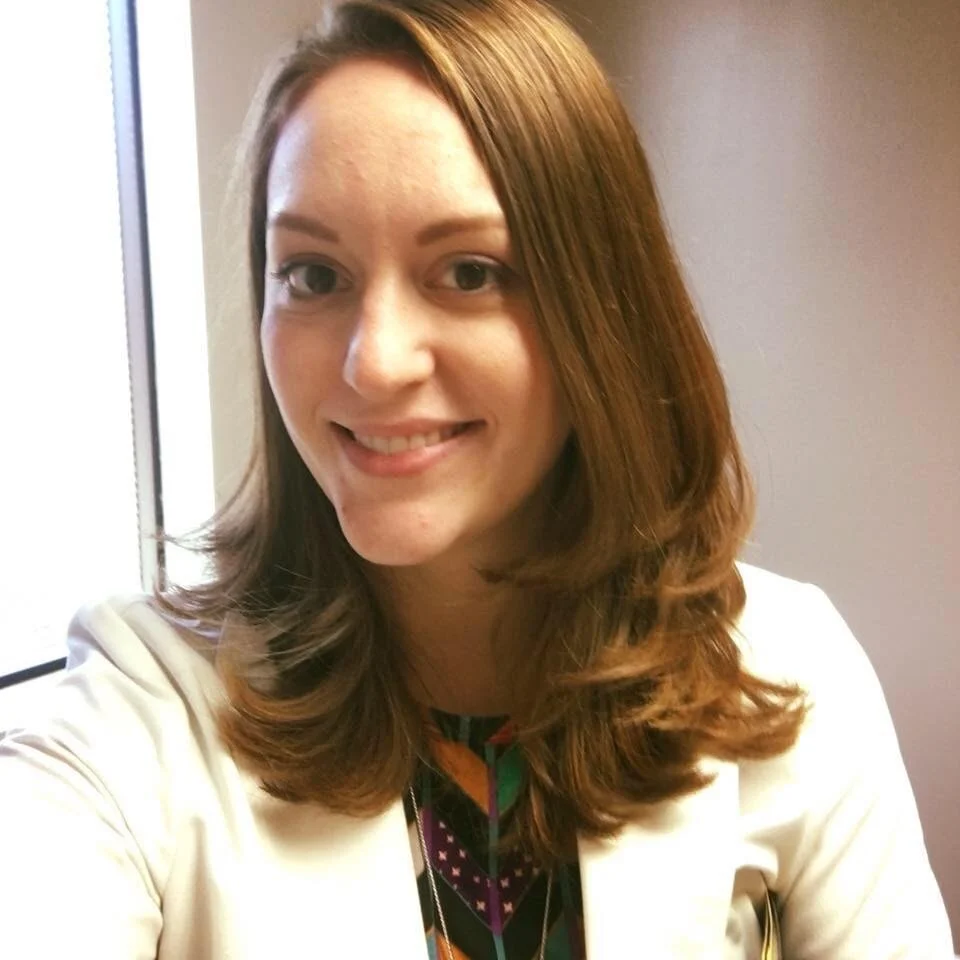Episodes 96 & 97: Dysphagia Goals: a Tough Pill to Swallow with Elizabeth Wikane, MS, CCC-SLP CBIS
Completing a clinical swallowing evaluation may lead to the implementation of brief treatment and the further need for instrumental assessment. When determining the needs of a patient in acute care, rehab, out-patient, or homecare, goal-setting can be synonymous with treatment planning.
Concise and well-constructed goals serve an avenue to communicating the objectives of treatment as well as an indication of skills and prognosis. This course will discuss the elements of swallowing disorders assessment in the consideration of treatment planning and goal setting. Topics include (but are not limited to) (1) components of a dysphagia evaluation, (2) purpose of goal setting, (3) components of a skilled treatment goal, and (4) examples of dysphagia goals across settings.
“A dysphagia goal needs to be concise, clear, and reflect our skilled service. If dysphagia goals are easy to understand, they’re easy to explain, remember and communicate to family and caregivers.”
topics covered:
The importance of goals
What led you here? Do you need goals? What are they going to reflect?
Long term versus short term goals
How-to – “wording” your goals or writing them clearly
Dysphagia goals across settings and disorders
episode 96
episode 97
resources mentioned in the episode
references
Burkhead, L. M., Sapienza, C. M., & Rosenbek, J. C. (2007). Strength-training exercise in dysphagia rehabilitation: principles, procedures, and directions for future research. Dysphagia, 22(3), 251-265.
Burkhead, L. M. (2009). Applications of exercise science in dysphagia rehabilitation. Perspectives on Swallowing and Swallowing Disorders (Dysphagia), 18(2), 43-48.
Carnaby-Mann, G., Crary, M.A., Schmalfuss , I., and Amdur, R. (2012). “Pharyngocise”: Randomized controlled trial of preventative exercises to maintain muscle structure and swallowing function during head-and-neck chemoradiotherapy. International Journal of Radiation Oncology, Biology, Physics, 83: 1, 210-219.
Chen AY, Frankowski R, Bishop-Leone J, et al. The development and validation of a dysphagia-specific quality-of-life questionnaire for patients with head and neck cancer: the M. D. Anderson dysphagia inventory. Arch Otolaryngol Head Neck Surg. 2001;127:870–876. [PubMed]
Clark, H. M. (2003). Neuromuscular treatments for speech and swallowing. American Journal of Speech-Language Pathology.
Clark, H. M. (2005). Food for Thought: Therapeutic Exercise in Dysphagia Management: Philosophies, Practices, and Challenges. Perspectives on Swallowing and Swallowing Disorders (Dysphagia), 14(2), 24-27.
Crary, M. A., Carnaby, G. D., LaGorio, L. A., & Carvajal, P. J. (2012). Functional and physiological outcomes from an exercise-based dysphagia therapy: a pilot investigation of the McNeill Dysphagia Therapy Program. Archives of physical medicine and rehabilitation, 93(7), 1173-1178.
Crary, M.A., & Groher, M.E. (2016). Dysphagia: Clinical Management in Adults and Children, Second edition. Elsevier.
Jones, E., Speyer, R., et al. (2018). Health-Related Quality of Life and Oropharyngeal Dysphagia: A Systematic Review. Dysphagia. 33 (2). 141-172.
Langmore, S. E., & Pisegna, J. M. (2015). Efficacy of exercises to rehabilitate dysphagia: A critique of the literature. International Journal of Speech-Language Pathology, 17(3), 222-229.
Lazarus, C., Logemann, J.A., Huang C.F., et al: Effects of two types of tongue strengthening exercises in young normal. Folia Phoniatr Logop 55:199, 2003.
Malandraki, G. A., Rajappa, A., Kantarcigil, C., Wagner, E., Ivey, C., & Youse, K. (2016). The intensive dysphagia rehabilitation approach applied to patients with neurogenic dysphagia: a case series design study. Archives of physical medicine and rehabilitation, 97(4), 567-574.
McHorney, C.A., Martin-Harris, B., Robbins, J. et al. Clinical Validity of the SWAL-QOL and SWAL-CARE Outcome Tools with Respect to Bolus Flow Measures. Dysphagia 21, 141–148 (2006). https://doi.org/10.1007/s00455-005-0026-911
Neumann S., Barolome, G., Buchholz, D. et al: Swallowing Therapy of neurologic patients: correlation of outcome with pretreatment variables and therapeutic method. Dysphagia 10:1, 1995.
O’Neil, Karen & Purdy, Mary & Falk, Janice & Gallo, Lanelle. (1999). The Dysphagia Outcome and Severity Scale. Dysphagia. 14. 139-45. 10.1007/PL00009595.
Patterson, J. M., Fay, M., Exley, C., McColl, E., Breckons, M., & Deary, V. (2018). Feasibility and acceptability of combining cognitive behavioural therapy techniques with swallowing therapy in head and neck cancer dysphagia. BMC cancer, 18(1), 1. https://doi.org/10.1186/s12885-017-3892-2
D. A. Patel, R. Sharda, K. L. Hovis, E. E. Nichols, N. Sathe, D. F. Penson, I. D. Feurer, M. L. McPheeters, M.F. Vaezi, David O. Francis, Patient-reported outcome measures in dysphagia: a systematic review of instrument development and validation, Diseases of the Esophagus, Volume 30, Issue 5, May 2017, Pages 1–23, https://doi.org/10.1093/dote/dow028
Robbins, J., Kays, S.A., Ganon, R.E., et al: The effect of lingual exercises in stroke patients with dysphagia. Arch Phys Med Rehabil 88:150, 2007.
Silbergleit, Alice & Schultz, Lonni & Jacobson, Barbara & Beardsley, Tausha & Johnson, Alex. (2011). The Dysphagia Handicap Index: Development and Validation. Dysphagia. 27. 46-52. 10.1007/s00455-011-9336-2.
Timmerman, A.A., Speyer, R., Heijnen, B.J. et al. Psychometric Characteristics of Health-Related Quality-of-Life Questionnaires in Oropharyngeal Dysphagia. Dysphagia 29, 183–198 (2014). https://doi.org/10.1007/s00455-013-9511-8
Elizabeth Wikane is a medical speech-language pathologist in the Hudson Valley in New York State who works in a community hospital within a larger hospital system. She covers acute care, inpatient rehab, critical and intensive care units, out-patient services, and homecare services. She has a specialty in dysphagia including FEES, is an ACE-award recipient, and is a Certified Brain Injury Specialist. She is passionate about her patients, their families, and educating the hospital team on all things related to communication disorders and life after trauma. She especially enjoys supervising graduate students whom she has had the honor of working with over the past several years and is a guest lecturer in dysphagia at the graduate level. She is pursuing further advanced education towards dysphagia practice and is involved in medical device innovation.
REVIEW the podcast
You’ll earn my undying gratitude by leaving a review on Apple Podcasts! Reviews help other SLPs find the podcast. Also, I love reading your feedback! Just click here to review, select “Ratings and Reviews” and “Write a Review,” and let me know your favorite part of the podcast. Malaho plenty!












